Audio available in app
Cultivate analogical thinking from "summary" of Think Like a Rocket Scientist by Ozan Varol
Analogical thinking is the act of drawing connections between seemingly unrelated concepts or fields. It involves looking beyond the surface level of things and finding commonalities that might not be immediately apparent. By cultivating analogical thinking, you can enhance your problem-solving skills and creativity. This type of thinking allows you to approach problems from different angles and come up with innovative solutions. It encourages you to think outside the box and consider unconventional approaches to a problem. Analogical thinking can be a powerful tool in your arsenal as you navigate the complexities of the world around you. To cultivate analogical thinking, you must first expand your knowledge base and expose yourself to a wide range of ideas and concepts. By immersing yourself in different fields and disciplines, you can begin to see the connections between them. Reading widely, engaging in conversations with people from diverse backgrounds, and exploring new hobbies can all help broaden your perspective and fuel your analogical thinking. Additionally, challenging yourself to think beyond the obvious and question assumptions can also sharpen your analogical thinking skills. By questioning why things are the way they are and considering alternative possibilities, you can train your brain to think analogically. Another way to cultivate analogical thinking is to actively seek out analogies in your daily life. When faced with a problem, try to draw parallels to situations or concepts that are seemingly unrelated. Look for patterns, similarities, and metaphors that can shed light on the problem at hand. By practicing this type of thinking regularly, you can strengthen your ability to make connections between disparate ideas. Analogical thinking is a skill that can be honed over time with practice and persistence. By embracing this way of thinking, you can unlock new insights and approaches that can help you tackle complex problems with creativity and innovation.Similar Posts
Practice at recalling information boosts memory
The act of retrieving information from memory strengthens that memory and makes it easier to retrieve in the future. When we pr...
Building a strong support system
Building a strong support system is crucial for success in any endeavor, including preparing for competitive exams. This suppor...
Combining familiar ideas leads to breakthroughs
When we consider the history of human creativity, one pattern emerges clearly: breakthrough ideas often arise from the combinat...
Curiosity sparks creativity and drives problemsolving
When we allow ourselves to be curious about the world around us, we open the door to endless possibilities for creativity and p...
Letting go of attachment to outcomes is necessary for manifestation
When we are trying to manifest something in our lives, it is important to set a clear intention and visualize what we want as i...
Humans are social beings by nature
In discussing the concept of human nature, it is essential to recognize that humans are fundamentally social beings. This idea ...
Evaluate sources critically
To evaluate sources critically means to approach information with a discerning eye. It involves looking beyond the surface of a...
Your unique perspective is what makes your work original
Your work doesn’t have to be completely original to be meaningful. In fact, it’s impossible for it to be completely original, b...
Significance of continuous learning and selfimprovement
Continuous learning and self-improvement are essential for personal growth and development. In today's fast-paced world, where ...

Embracing creativity can lead to innovation
Creativity is a force that propels us forward, pushing the boundaries of what is possible and inspiring us to think beyond the ...
